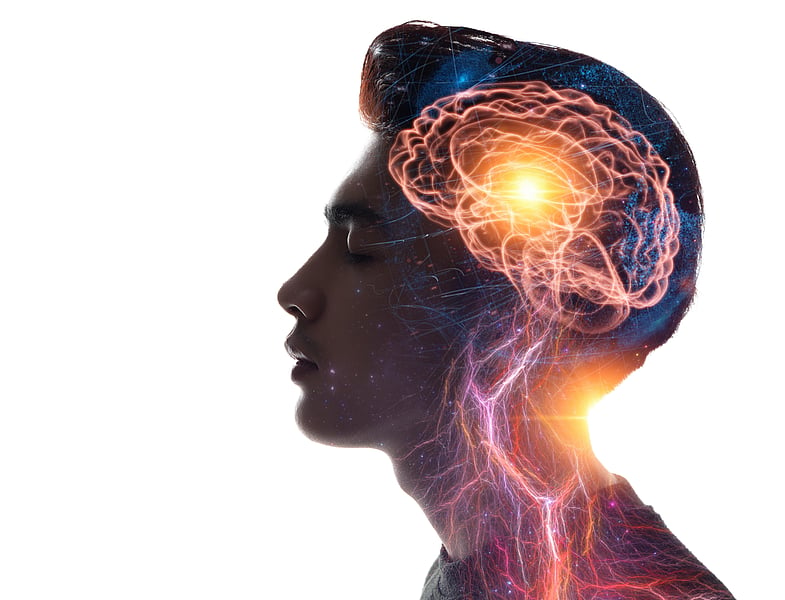Get Healthy!

- Robert Preidt
- Posted March 25, 2022
'Magic Mushroom' Therapy: Does It Interact With Other Medicines?
Psilocybin, the psychedelic substance in "magic" mushrooms, is generating lots of interest as a potential treatment for a host of mental ills, but new research warns there is little data on how it might interact with more traditional psychiatric medications.
"There's a major incongruence between the public enthusiasm and exuberance with psychedelic substances for mental health issues - and what happens when they combine with the existing mental health treatments that we have now," said study author Dr. Aryan Sarparast. He is an assistant professor of psychiatry at Oregon Health & Science University (OHSU), in Portland.
A voter-approved initiative to allow psychoactive mushrooms as a therapy for mental health disorders will begin in Oregon early next year, but the drug has been edging toward being accepted as a mainstream medication in recent years.
So, the researchers wanted to learn more about how psilocybin interacts with widely prescribed medications such as antidepressants.
The investigators analyzed 40 studies dating back to 1958, including 26 randomized controlled studies, 11 case reports and three epidemiological studies.
Only one of the studies examined how psilocybin interacts with antidepressants, while all of the clinical trials were conducted with healthy volunteers who received a psychiatric medication and a psychedelic at the same time.
The findings highlight the need for further research on combining traditional mental health treatments with psilocybin, according to the authors of the paper published recently in the journal Psychopharmacology.
While Sarparast said some patients with mental health conditions may benefit from taking psilocybin, he is concerned that the lack of evidence on drug interactions will make many health care providers want to take patients off existing medications before being given psilocybin, forcing patients into a difficult choice.
"That's a very, very tough place to be," Sarparast said in a university news release.
Still, a review of scientific literature misses a lot of data gathered on the real-world use of magic mushrooms, noted study co-author Dr. Christopher Stauffer, an assistant professor of psychiatry at OHSU and a physician-scientist at the VA Portland Health Care System.
"Psilocybin has been around in Western society since the late 1950s, before many of our psychiatric medications have existed," Stauffer said. "Nonetheless, people attempting to navigate Oregon's psilocybin services in the context of ongoing psychiatric treatment should work closely with knowledgeable professionals."
More information
There's more on psilocybin at the U.S. Drug Enforcement Administration.
SOURCE: Oregon Health & Science University, news release, March 18, 2022






